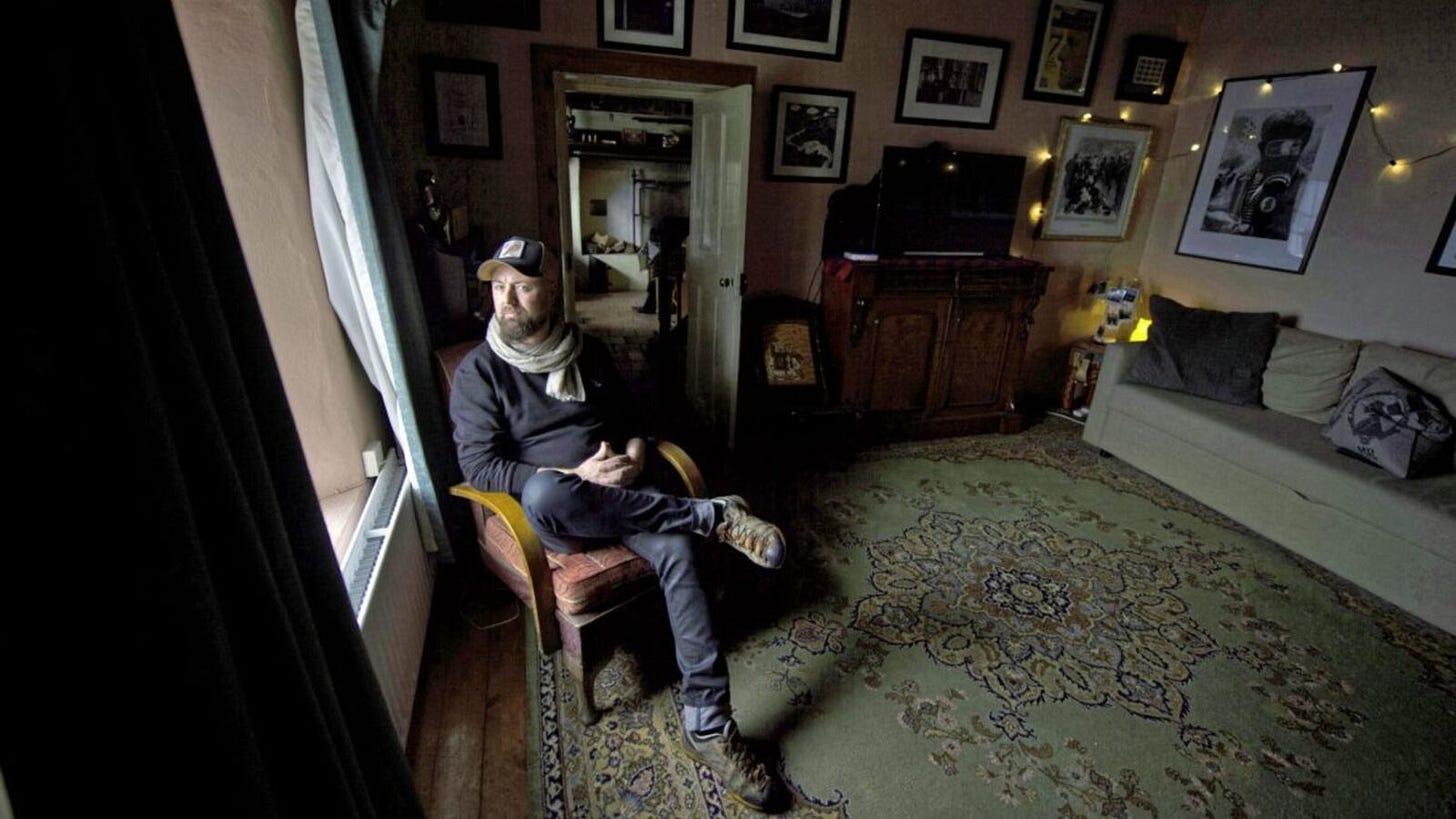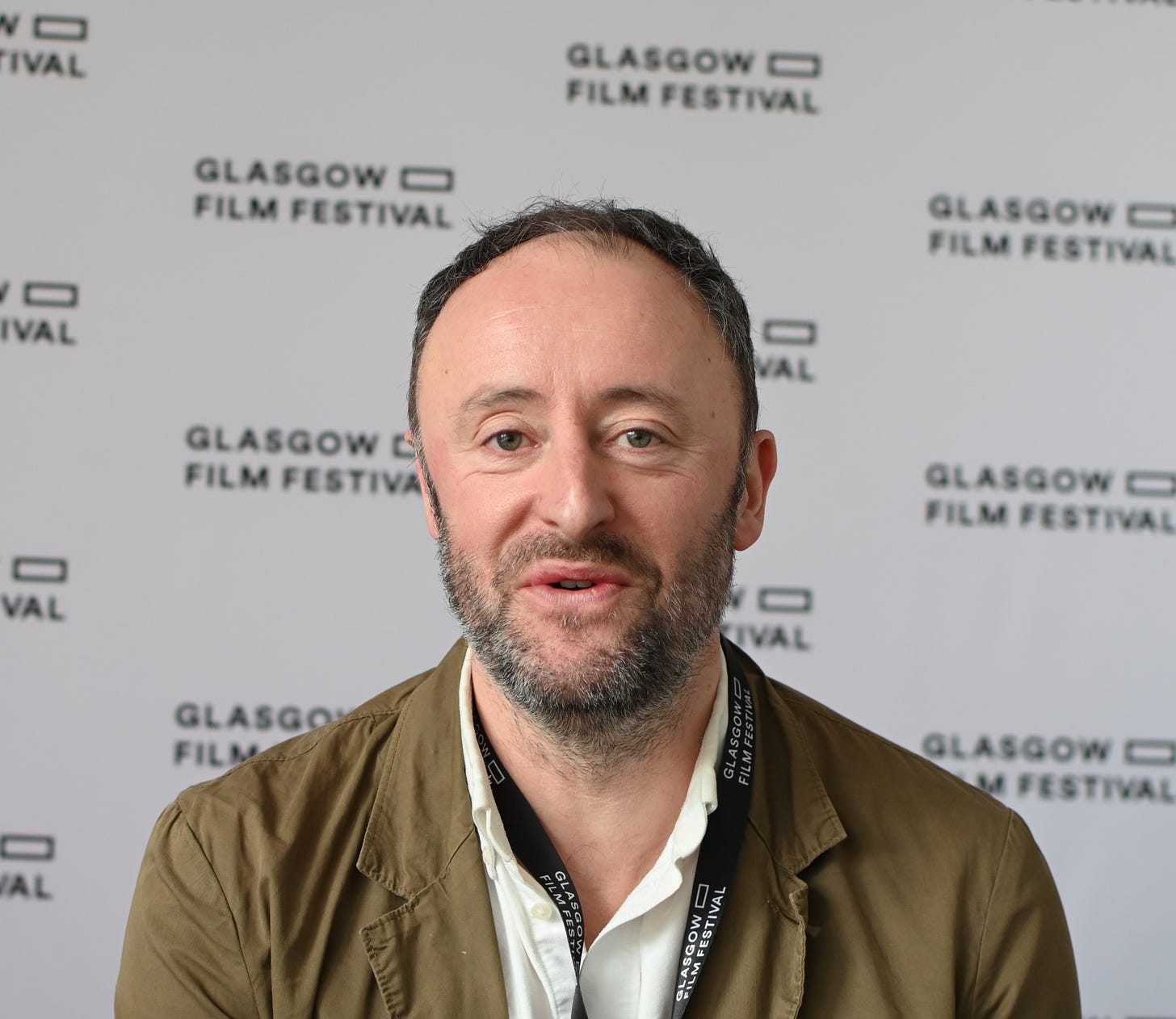I Dream in Photos
An interview with director Gary Lennon about his new documentary on Cathal McNaughton
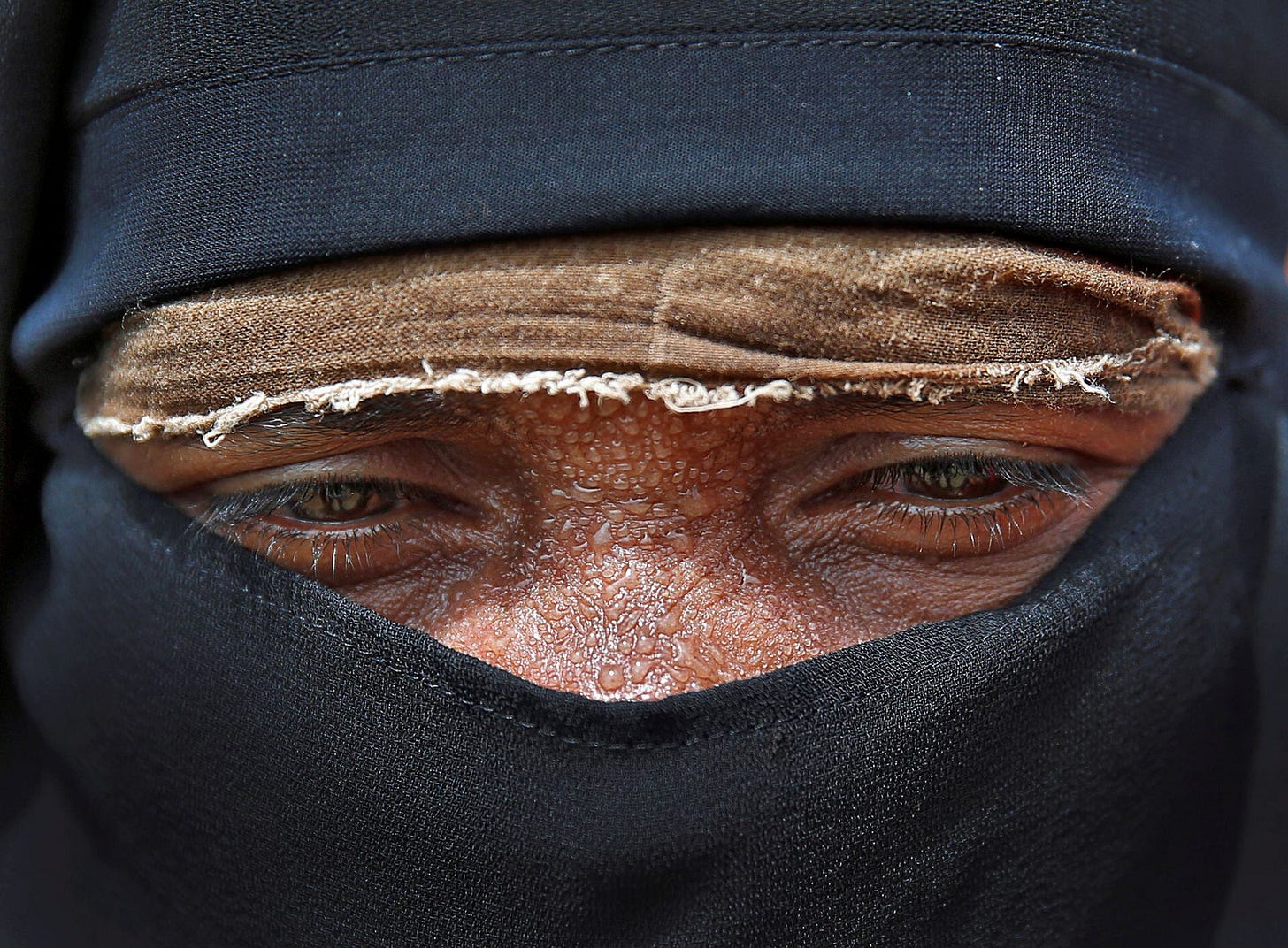
Why did Cathal McNaughton, a celebrated photojournalist who won a Pulitzer Prize for his work documenting the Rohingya Muslims, give up his career to live in a cottage in a remote part of Northern Ireland? This is the subject of Gary Lennon’s new documentary, I Dream in Photos, a film about obsession, trauma, and the power of photography.
I spoke with Gary Lennon ahead of the Scottish premiere at the Glasgow Film Festival.
Neil Scott: Take us back to the start. When did you first hear of Cathal McNaughton and how did the film come about?
Gary Lennon: I read an article in the Irish Times about a man the same age as myself who had just won the Pulitzer Prize and was no longer working. If you're in film and you've just won an Oscar, or if you've just won a Grammy as a musician, you don't quit. This is the springboard for you to do whatever you want. The way the article was written was quite cryptic. It just didn't make sense that you would say everything is fine and at the same time say I'm quitting after having the greatest success of my life.
So I got in contact with him, though I wasn't the only one. There were half a dozen Irish and about half a dozen UK companies that had been in contact with him. He told me I was the only one more interested in the photography than in him being a guy in a war zone suffering trauma.
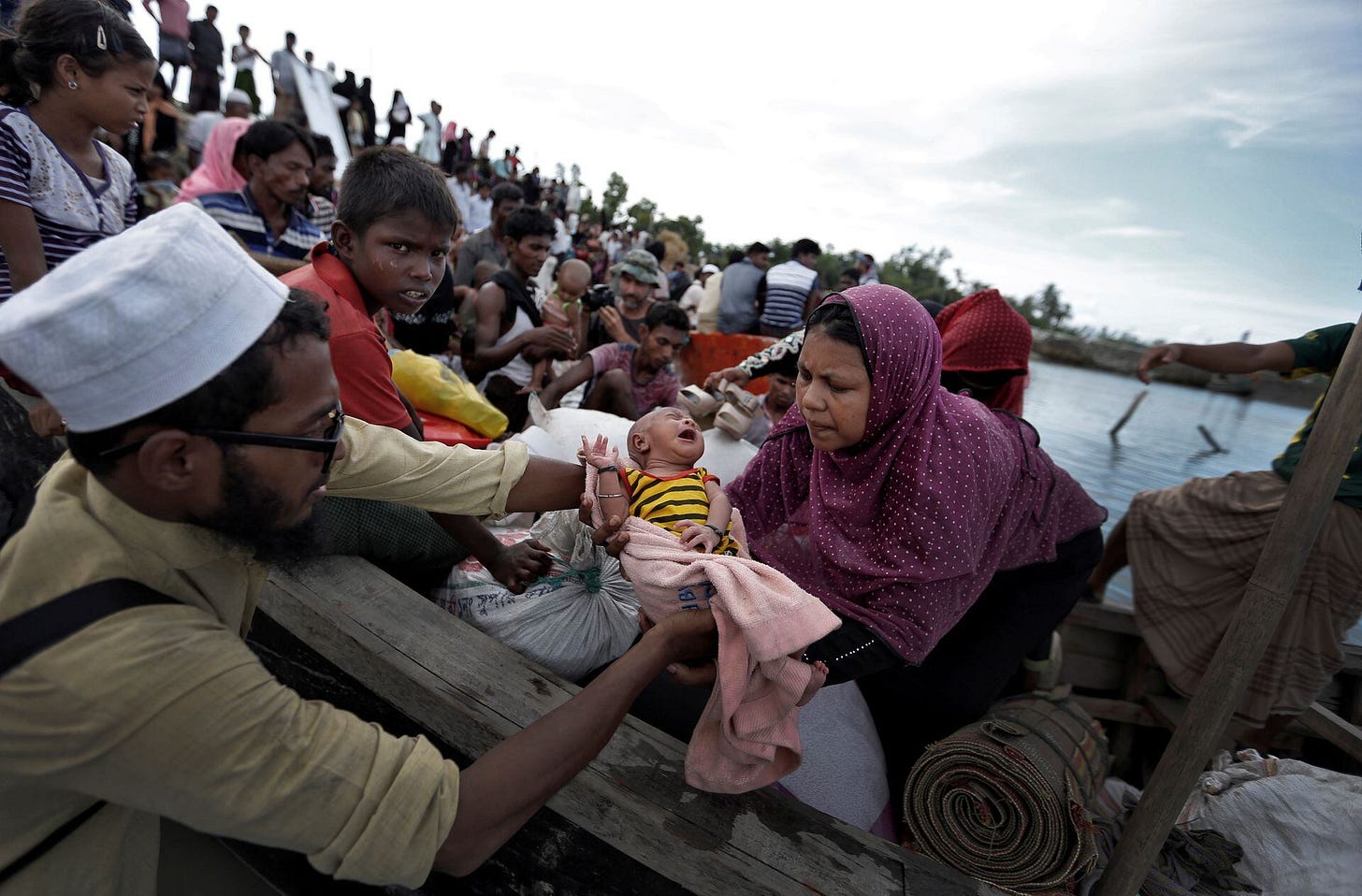
The film feels therapeutic. Do you think the filmmaking process helped McNaughton to deal with his trauma?
I'm not a therapist and I certainly didn't go out with the intention of being one. But I'm thrilled to say that it has been beneficial to him. And I know that because he said it while sitting beside me at Q&As. That's brilliant as a filmmaker. It's more than you can hope for because it’s a very hot topic for us in the industry at the moment: the danger of being exploitative towards characters or subjects. We did everything we could in terms of offering assistance with professionals.
He was presenting that he was okay and I had to take him at face value because that's what he was saying to me. But, over the many months that we were together, he realised that he wasn't fine. His actions to leave the job and go to a small cottage, staring out at Scotland every day, are not the actions of someone who's in a great place. But it wasn't that he was being dishonest with himself. He just didn't realise it.

It does feel like a very intimate film. You don't hear your voice during the film. It's just his voice coming through.
I really wanted to do a documentary with one character. The reason that we are in the cinema is to see this guy.
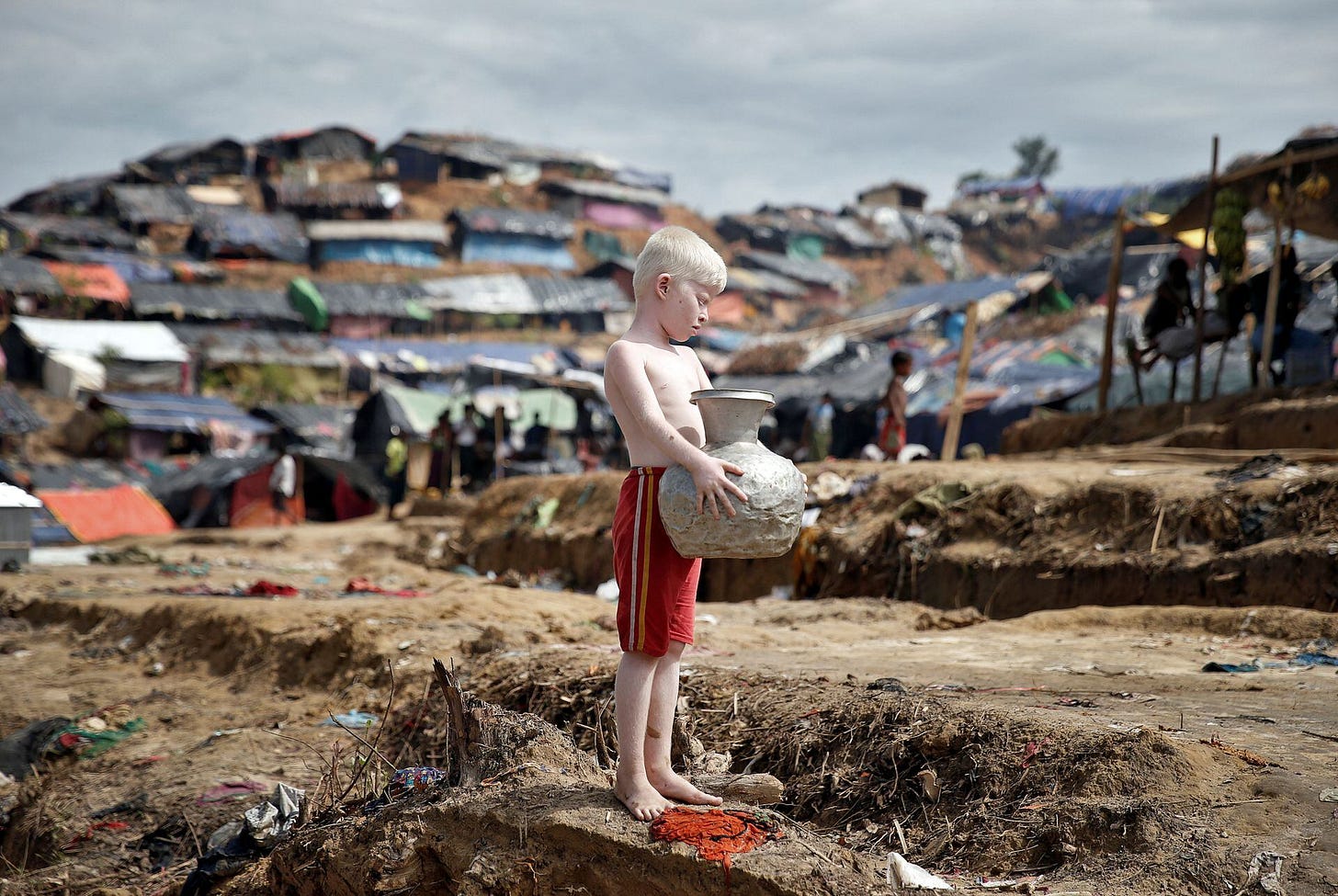
There are a few characters off-stage who could’ve provided a different perspective on his decisions. Was there any particular reason why you didn't want to include people like his ex-wife?
It was a big decision for him to leave his family. He divorced his wife. He left his son. And he didn't just go down the road. He went to India and he would see his son once or twice a year. But he was so focused on his career and the opportunity came up. Many people have to leave their homes for work. I didn't feel that we needed to hear his wife's position on that.
For him to leave his newborn son and his wife, who was suffering from postnatal depression, that's a massive thing to do. It shows how obsessed he was about his job. When we had those lines in it, a lot of people, like my wife who was pregnant at the time, raised their eyebrows at it.

I recently saw Kevin McDonald's documentary about John Galliano, who has a similar experience of obsession and burnout. Do you think we romanticise obsession or is it an essential part of being a high achiever?
There's clearly a trait amongst highly successful people that they are singularly focused. To be world-class you need to be obsessed. It's almost impossible to have any type of balance in terms of relationships and parenting. You have to put those distractions aside if that is what your goal is. Are they very happy people? They don't seem to be. But this obsession about being that star in their field drives them forward and gives them purpose in their life.
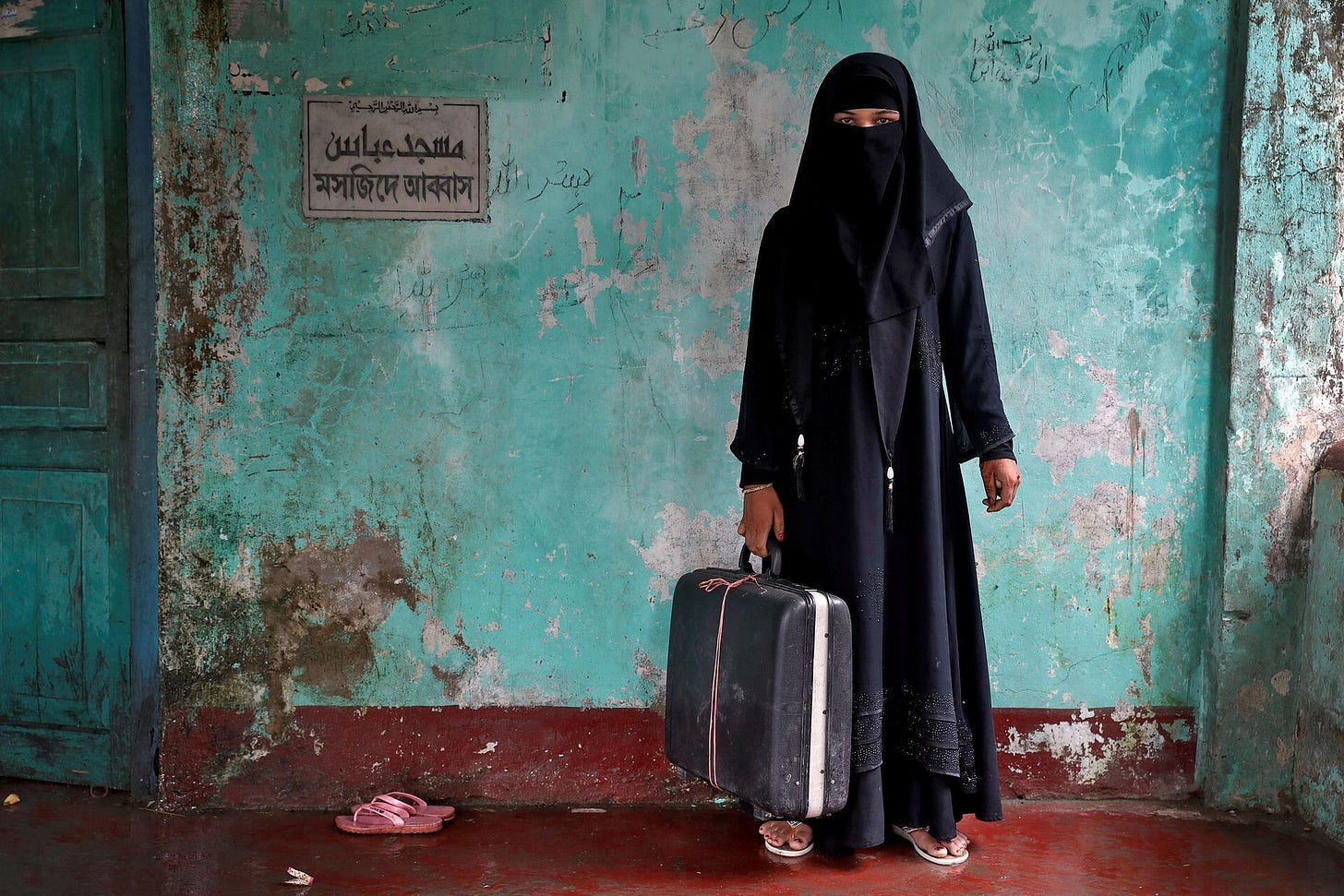
Has this film encouraged you to neglect everything else?
I haven't hit the same heights as Cathal. But if I need to give up my wife and children, I'm very happy to do that to win an Academy Award. I'll say that on the record. [N.B. This was said in a deadpan way!]

There's so much life, so much energy, in his photographs. But this is contrasted with the incredibly calm landscape of Northern Ireland. Did you want to go out to those intense places?
We wanted to show that he wasn't able to be in those places anymore. Even if we had wanted to bring him back to those places, we couldn't have, because his headspace wouldn't have allowed it.

Did you have a sense that there was anything he wasn’t telling you?
After we had been talking together for about nine months we had a lot of his descriptions of his work and I felt he wasn't being entirely honest. We had to go back to the drawing board with it. But then, on his own, he started framing photography as an addiction, of getting a dopamine hit by being in these places. He’d had this massive addiction and he crashed from it. He was framing it in terms of trauma and dreaming: these nightmares of photography where he was clicking and the buttons wouldn't work and everything was out of focus. This was causing him to wake up in a sweat and a panic. I don't feel he held anything back. He was incredibly brave to open up so much.
There’s a great photograph of him as a young photographer before he grew a beard, where he looks a totally different character. A total daredevil.
He absolutely was. He was this really competitive alpha male. This was not a collaborative game. You getting the photo means I don't. He was singularly focused on his career. He was a maniac.
In the age of drone warfare, it feels like he's one of the last photojournalists who could document actual fighting. When you look at the photos from Palestine it's just the bloody aftermath.
One of the things that separates him from his peers is his ability to have empathy. He said that he has to be able to look his mother in the eye and say, “I've acted with a sense of a moral compass when I've done this, I haven't come in like a vampire or some type of parasite to prey on their misery.” That is a million miles away from some prick with a phone putting something up on Instagram just because they like the idea of being a war photographer.

I love the way you integrate his photography into the film. Could you talk about the relationship between cinema and photography?
With photography documentaries, there are two basic approaches. One has the famous photographer presented as the master and you have these series of talking heads saying how amazing they are, cutting to the occasional photograph. The other is a more macho approach where you have a photographer in the war zone running around with a GoPro camera on their head.
We really didn't want to do either of those approaches. I wanted to work on a documentary that had one character. Showing how he sees the world. Not only when he’s awake, but when he's asleep. In my very first conversation with him, he said that phrase, I dream in photos.
Thank you, Gary, and congratulations on making a fascinating film.
The photographs in this article are used for criticism and review under the Fair Dealing provision of UK Copyright Law. All rights to the image remain with the photographer/copyright holder. This use does not claim any rights to the original work and is not for commercial purposes.





